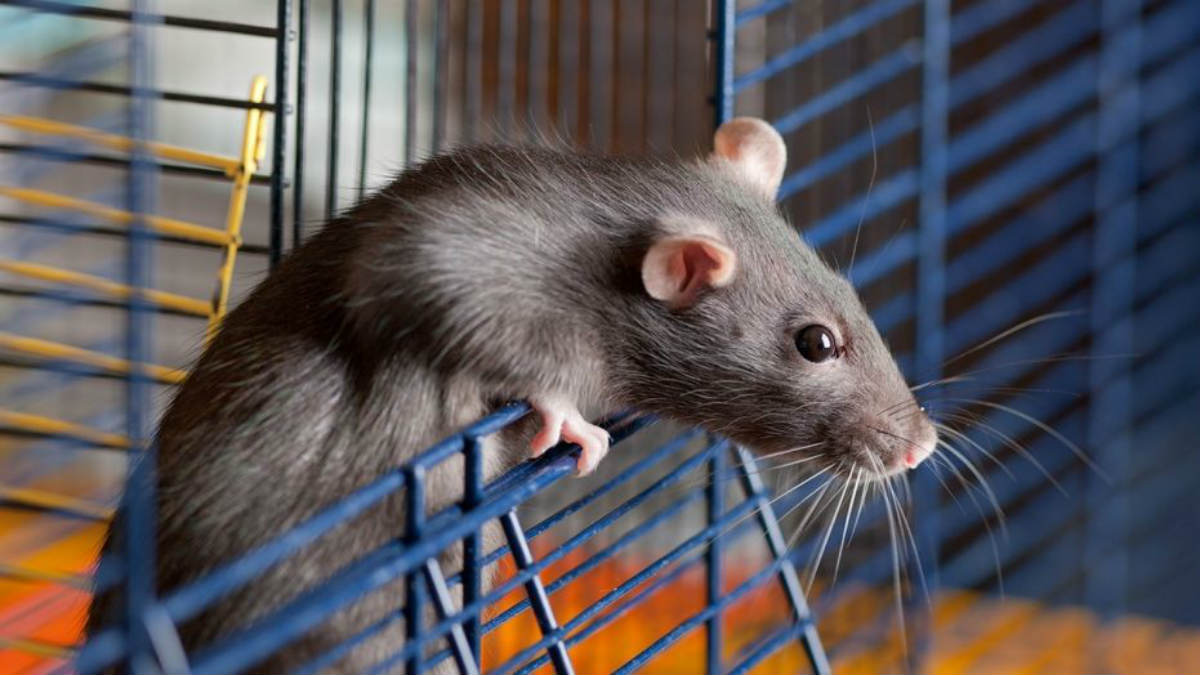
Human brain organoids flourish in the heads of mice
Progress raises some delicate ethical issues
Human brain tissue integrates and thrives in the brains of mice, according to a report in Nature Biotechnology. Using brain organoids created from human pluripotent stem cells, scientists transplanted them into mice. The organoids developed blood vessels within 5 days; by 90 days after implantation, axons had extended deep into the brains of the mice. The neurons were firing in synchronised patterns, suggesting that an active neural network had been established.
The integration of human brain cells into the brains of mice obviously raises delicate ethical questions about the creation of interspecies chimeras. However, the scientists tested the mice and found no difference in their intelligence.
“It brings up some pretty interesting questions about what allows us, ethically, to do research on mice in the first place — namely, that they’re not human,” Josephine Johnston, a bioethicist at The Hastings Center, commented last year. “If we give them human cerebral organoids, what does that do to their intelligence, their level of consciousness, even their species identity?”
If this line of research succeeds, the organoids could be very useful in studying brain diseases and could even be used to repair damage cause by traumatic brain injuries, strokes, and other neurological conditions.
Creative commons
https://www.bioedge.org/images/2008images/FB_mice_34232.jpg
brain organoids
neuroethics
- How long can you put off seeing the doctor because of lockdowns? - December 3, 2021
- House of Lords debates assisted suicide—again - October 28, 2021
- Spanish government tries to restrict conscientious objection - October 28, 2021
